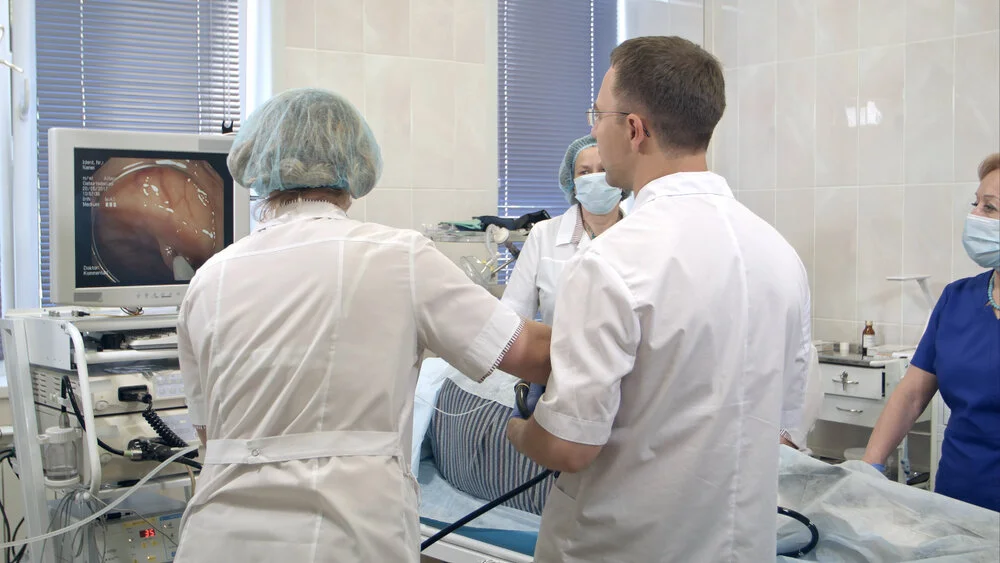The Differences between Gastroenterologist and Colorectal Surgeon
What is the distinction between a colorectal surgeon and a gastroenterologist? While we treat many of the same problems, these two specializations have some intrinsic variances. This distinction will help you find the proper specialist.
A proctologist is another term for a colorectal surgeon. To become a colorectal surgeon, one must first complete a general surgery residency, which entails five years of training following medical school and includes learning how to do a variety of procedures such as gallbladder surgery, breast surgery, hernia surgery. After that, the person must complete an additional year of colon and rectal surgery specialist training to become an expert in colon, rectum, and anus surgery, treating anything from hemorrhoids, anal fistulas to colorectal cancer, diverticulitis, inflammatory bowel disease, and pelvic floor issues. The aspirant will also learn how to perform colonoscopy and endoluminal operations during this period. Despite being board certified in both general surgery and colorectal surgery, many colorectal surgeons choose to specialize primarily on colorectal surgery (like me).
Gastroenterologists, on the other hand, must first complete a three-year medical residency program in which they study to treat a wide range of medical diseases, including diabetes, heart disease, pneumonia, and rheumatoid arthritis. They then complete a three-year specialist program in the medical management of gastrointestinal illnesses, including learning to perform colonoscopy and endoscopy. Some doctors choose to specialize on inflammatory bowel disease, liver illness, or advanced endoscopy for an extra year of training. While the majority of gastroenterologists do endoscopic procedures, they do not operate on patients. A minor polyp discovered during a colonoscopy by a gastroenterologist may be removed by that doctor, but if the polyp is too large to be removed endoscopically, you may be referred to a surgeon.
While the problems that gastroenterologists and colorectal surgeons treat may be similar (for example, we both perform colonoscopies), there are some significant distinctions in the treatments we deliver by trade, some of which may be provider- or institution-specific.
Gastroenterologists treat stomach, pancreatic, and liver disorders, not colorectal surgeons. They may recommend you to a surgeon who specializes in certain conditions if you require surgery for those conditions.
Irritable Bowel Syndrome (IBS) is in the GI realm because it is never a surgical condition.
Colorectal surgeons also rarely use medication treatment for inflammatory bowel disease; in the United States, this is usually done by gastroenterologists, and a referral to surgery is made only when the condition is severe enough to necessitate surgery.
When it comes to anal disease, colorectal surgeons often undertake more than just surgery. We treat hemorrhoids and anal fissures with non-surgical methods first, and only if the condition becomes severe enough do we resort to surgery.
The range of therapies we provide, from office-based to surgical, allows us to select the optimal treatment for you based on your needs, rather than merely due to a lack of surgical competence.
If you're not sure who you should see, ask before you schedule an appointment at Digestive Disease Specialists in Edmond, OK to avoid any confusion or disappointment during your consultation!
**Disclaimer: This blog content does not offer a doctor's advice and creates no relationship between any patient and care provider.

